First the rule of law and now human rights. No sooner had we been instructed that the rule of law should mean what the Chinese Communist Party decides, than the regime tells us that human rights are no longer universal. Speaking to the UN Human Rights Council, that bastion of such well-known human rights paragons as Cuba and Russia, to which China has been elected, Foreign Minister Wang Yi proposed a modern socialist model of human rights. After informing his audience that ‘there has never been so-called “genocide”, “forced labour” or “religious oppression” in Xinjiang’ and the million or more detained Uyghurs were guilty of ‘violent terrorism and separatism’, he proceeded to reject universal human rights.
According to Wang, there is a universality of language around ‘peace, development, equity, justice, democracy and freedom’ but these words are not to be universally interpreted! ‘Countries differ from one and other in history, culture, social system and economic and social development’ hence they must promote and protect human rights in light of their national realities. Nor can any human rights be used to interfere in other nations’ internal affairs, claimed Wang.
Contrary to Wang’s attempt to rewrite the meaning of universal human rights is the history of the Universal Declaration itself. As Mary Ann Glendon points out in her account of the creation of the 1948 Declaration, delegates from non-Western countries were involved in the creation of the document. Prominent amongst them was P.C. Chang, formerly a professor at China’s Nankai University, the nation’s ambassador to Turkey, and a Chinese representative on the drafting panel. The Chinese claim that the Declaration is not universal is a recent invention, just like the so-called nine-dash line.
Why then would China wish to be a member of the Council other than to deflect criticism about its totalitarian practices? At this year’s annual meeting, the Council will discuss reports on specific countries, including Tuvalu, the Marshall Islands and Jamaica, but none on China. In the latest 2019 Periodic Review of China, the regime brazenly claimed that ‘the Xinjiang vocational skills education and training institutions, which had been established for counter-terrorism purposes in the Xinjiang Autonomous Region, were focused on the study of legal knowledge, vocational and language skills and on deradicalisation, and that they were employment oriented. Through such education, those institutions helped the few people who had been exposed to and affected by extremism to shake off terrorist and extremist thoughts. Instead of cracking down upon those people after they became terrorists and a danger to others and to society, the institutions helped them reintegrate into society, rather than becoming hard-core terrorists or victims of terrorism.’ So in the regime’s utopia, a million plus people in concentration camps are just ‘a few’.
Many nations have called on China to ratify international conventions on human rights, which it refuses to do. Switzerland requested China to close all ‘re-education centres’ in Uyghur areas and facilitate the visits by the United Nations High Commissioner for Human Rights to Xinjiang. Despite China’s claims about Xinjiang there is a gathering global momentum to call out the brutal repression of the Uyghurs.
The Canadian parliament unanimously passed a resolution that China has engaged in actions consistent with the UN Resolution 260, known as the ‘Genocide Convention’, including detention camps and measures intended to prevent births as it pertains to Uyghurs and other Turkic Muslims. The Netherlands parliament resolved that ‘measures intended to prevent births’ and ‘having punishment camps’ in China fell under Res. 260. The UK House of Lords has urged the government to uphold all undertakings in and international obligations arising from the UN convention on genocide. The then US Secretary of State, Mike Pompeo, issued a determination that Uyghur and other Turkic Muslims are being subjected to genocide by China, a position reinforced by his successor, Antony Blinken, who says, ‘The forcing of men, women and children into concentration camps; trying to, in effect, re-educate them to be adherents to the ideology of the CCP, all of that speaks to an effort to commit genocide.’
A series of international reports, including by the Australian Strategic Policy Institute, the Raoul Wallenberg Centre for Human Rights and the Newlines Institute have concluded that Uyghurs in Xinjiang have and are being forceably held in ‘re-education’ camps and subjected to torture, forced labor and coercive transfer.
The fact that the pugilist editor of the regime’s foreign mouthpiece, the Global Times, tweeted the ridiculous claim that Australia and America had committed genocide against their indigenous people revealed how sensitive the CCP is to criticism. The latest Chinese response is to report Australia to the UN Council.
Perhaps the most telling example of Beijing’s sensitivity was the regime’s decision to ban a WeChat post by the UK Ambassador to the PRC, Caroline Wilson. Her sin? Explaining that a free press enabled those in power to be questioned about their policies and activities without having to have government permission. She stressed that in the case of China it did not mean they disliked the country. Her purpose was to explain the role of the press in a democracy.
The Chinese response was typical, stating that the article was full of ‘lecturer arrogance and ideological prejudice’. Any criticism of the Chinese regime is racist, imperial or white supremacist, according to the CCP. Criticism of the communist regime is conflated with criticism of the Chinese people. No wonder the Chinese embassy in Australia included ‘an unfriendly or antagonistic report on China by media’ in its list of 14 grievances. Unlike foreign media and diplomats who are restricted in what they can say in China, spokespeople for the CCP regularly engage in the media elsewhere. Speaking in Mandarin, a senior Chinese embassy official in Canberra described critics of China as ‘scum’, presuming no doubt that his remarks would not be reported by English-language media.
Which brings me to the SBS. It was reported recently that the national broadcaster has pulled its daily Chinese TV news services after claims that they had broadcast forced and false confessions from prisoners held under conditions of duress and torture. In the UK, this led to the revocation of Chinese broadcast licenses. Why is the SBS broadcasting a CCP-controlled program in Mandarin? And what editorial oversight was maintained? Why was an English translation not provided on the SBS website? It is bad enough that CCP propaganda is regularly featured in various Chinese language media in Australia. It ought not be broadcast by the SBS.
Got something to add? Join the discussion and comment below.
Get 10 issues for just $10
Subscribe to The Spectator Australia today for the next 10 magazine issues, plus full online access, for just $10.
You might disagree with half of it, but you’ll enjoy reading all of it. Try your first month for free, then just $2 a week for the remainder of your first year.

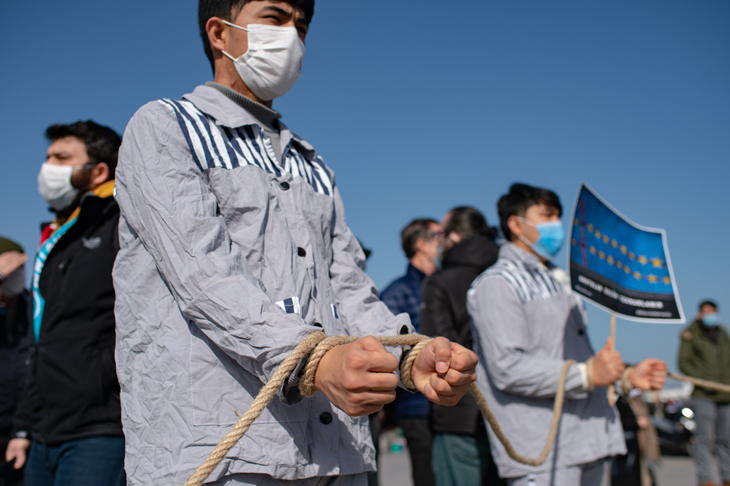
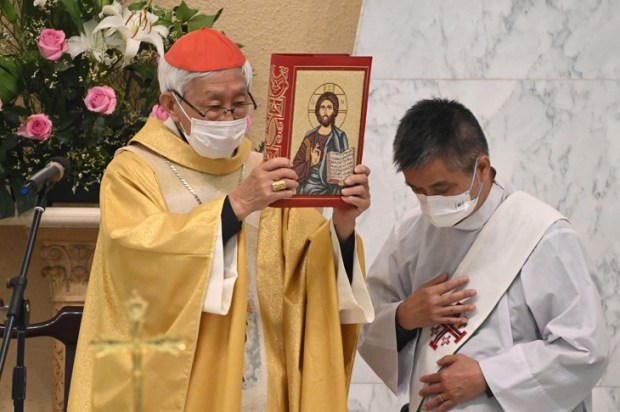
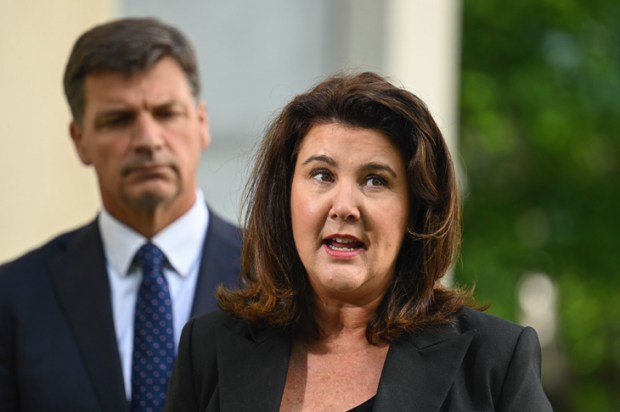
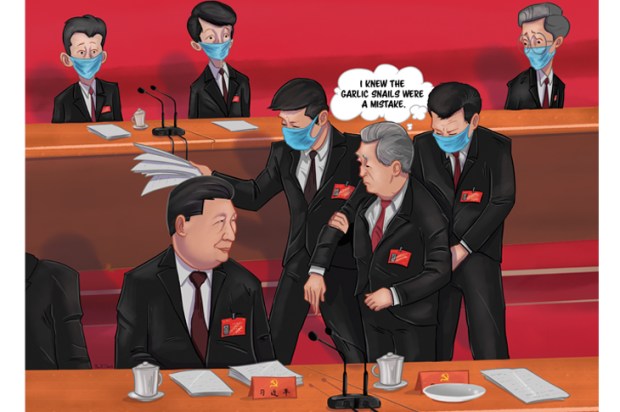
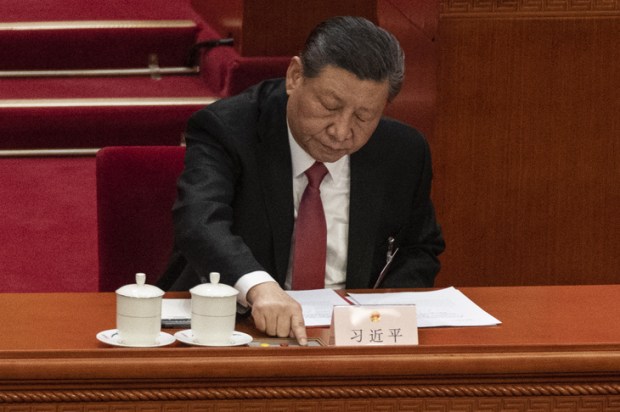
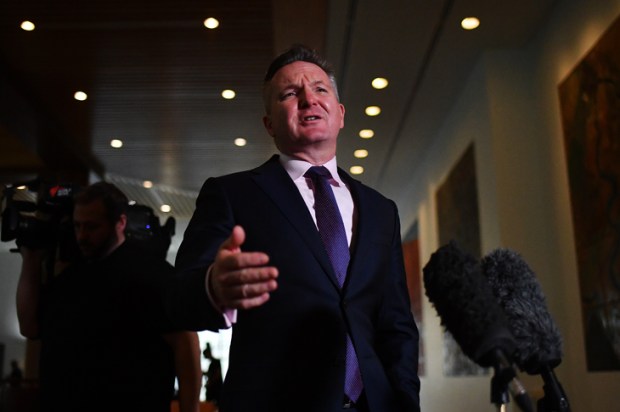







Comments
Don't miss out
Join the conversation with other Spectator Australia readers. Subscribe to leave a comment.
SUBSCRIBEAlready a subscriber? Log in